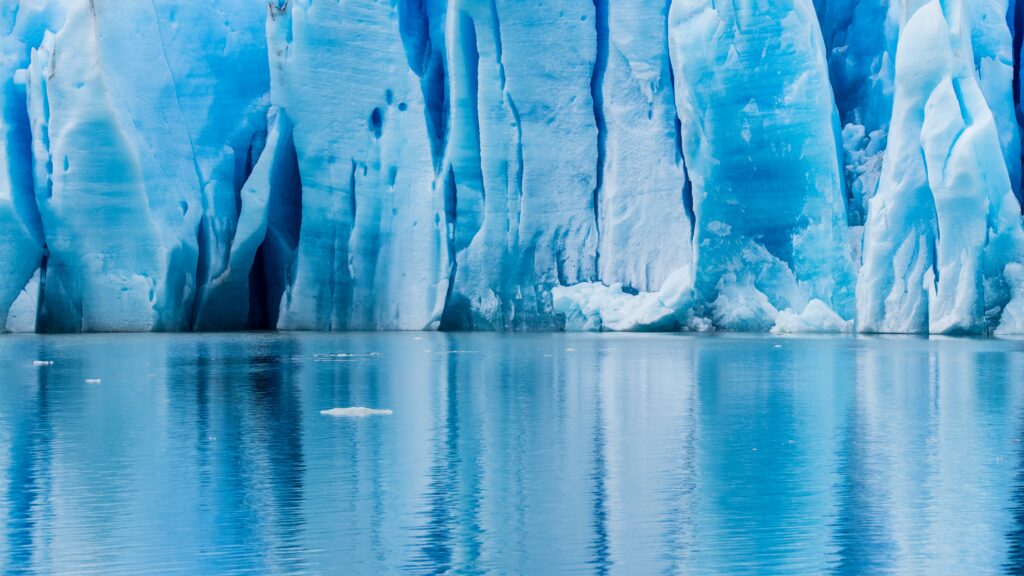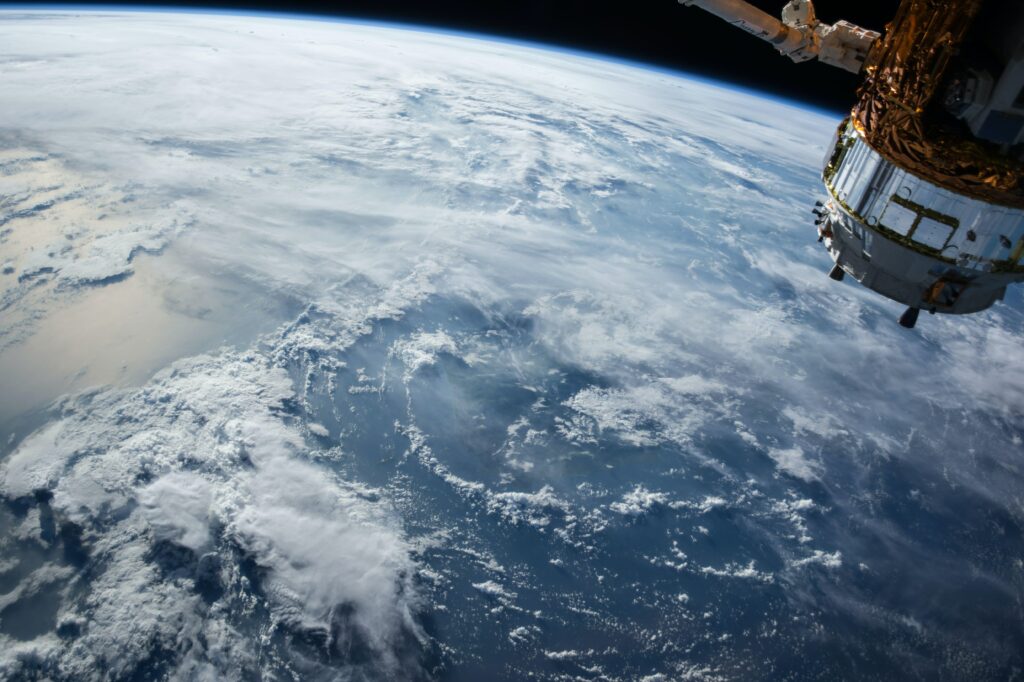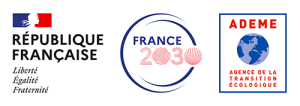Threats, such as melting glaciers and the disappearance of animal species, are familiar topics in discussions about climate change. A new UN report also reveals the existence of risks that receive less media coverage, but are just as worrying for the planet.

As COP28 approaches, an event to which Seawards has been invited to represent French innovation in response to climate challenges, a United Nations University report published on October 25 warns of six major threats that could disrupt systems vital to human survival. While scientists now routinely use the concept of “climate tipping points” to describe phenomena such as the melting of the Greenland ice sheet or deforestation in the Amazon, this new report offers an innovative approach by creating the category of “risk tipping points”. It focuses on the interaction between nature and human systems, with food and water supplies cited as a significant example by the UN.
Less knows risks discussed at climate meetings
In addition to melting glaciers, disappearing animal species and water supplies, the report also highlights risks less frequently addressed in climate discussions. Among these threats is the accumulation of space debris, an issue that could lead to chain collisions, potentially rendering the Earth’s orbit unusable for our satellites. These satellites, many of which are used to monitor meteorological disasters, are crucial to our security. Yet of the 34,260 objects tracked in orbit, only around 25% are functional satellites.

Another major risk resides in the depletion of underground water, largely used for agriculture in order to compensate the deficits hydric during periods of drought, for example. According to the report, regions such as Saudia Arabia, have already exhausted their resources, and India is close to being in the same situation.
The report also mentions the threat on the insurance system. As disasters multiply, insurance rates are rising, and in some cases insurers are withdrawing from exposed areas, leaving populations without a safety net.
Two types of solutions to these issues
The report divides possible responses to these crises into two distinct categories: on the one hand, solutions aimed at preventing the origins of the problem, and on the other, adaptation strategies in the face of inevitable change. For example, Seawards aims to increase access to fresh water using a desalination method, while preserving the environment and minimizing negative impacts.
The report points out that most current efforts are focused on delaying “tipping points” rather than fundamentally reinventing the way we operate.
Reflections based on an article in Le Monde.
